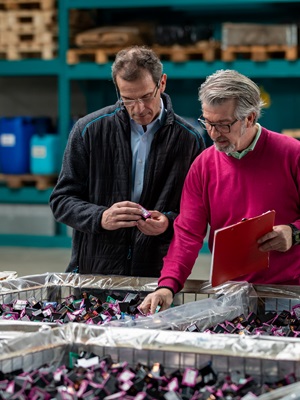The EAT–Lancet 2.0 report was released on 2 October 2025, mapping a path toward a fairer and more sustainable food system.
Food systems profoundly affect human wellbeing and the planet, shaping progress toward the Sustainable Development Goals, the Paris Agreement, and the Global Biodiversity Framework. While they have largely met global population growth by providing enough calories, they are now the biggest driver of environmental degradation and planetary boundary breaches. Over half the world’s people still lack access to healthy diets, which worsens health outcomes, exacerbates inequality, and contributes to environmental decline. Although hunger once fell in some regions, conflicts and climate impacts have reversed these gains, while obesity rates keep rising worldwide. At the same time, food production continues to strain land, water, and climate systems. Yet, despite this instability, transforming food systems presents a powerful opportunity. Sustainable and equitable food systems can strengthen environmental, economic, and social resilience—supporting both human wellbeing and the planet’s stability.
The authors (Prof Johan Rockström, PhDa,b ∙ Shakuntala Haraksingh Thilsted, PhDc ∙ Prof Walter C Willett, MDd ∙ Prof Line J Gordon, PhDe ∙ Prof Mario Herrero, PhDf ∙ Prof Christina C Hicks, PhDg ) explain that transforming how we produce, distribute, and consume food – including reducing waste and becoming predominantly plant-based – can restore ecosystems, reduce inequality and prevent 15 million premature deaths annually.
Access the report here: https://www.thelancet.com/commissions-do/EAT-2025.
Watch the video here: https://youtu.be/qVaDbTZK7u0.
Listen to the podcast here:
Posted 16/10/2025
















